Was the Venezuelan President Banned From Flying Over U.S. Territory?
En route to China to discuss loans, oil and what have you, President Nicolas Maduro meant to fly over Puerto Rico on Thursday night. That is until Washington denied him permission to do so.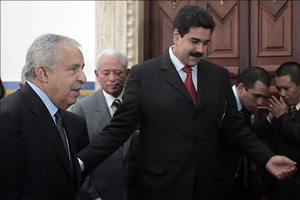
En route to China to discuss loans, oil and what have you, President Nicolas Maduro meant to fly over Puerto Rico on Thursday night. That is until Washington denied him permission to do so. Venezuela did not take well to this slap in the face, and there was some speculation the incident had to do with Maduro offering whistle-blower Edward Snowden asylum. But, caught between a rock and an irritated South American country, U.S. officials retracted their initial ban, claiming it was all simply a miscommunication. According to The Associated Press via The Washington Post on Friday:
The U.S. Embassy in Caracas said in a Friday statement that Venezuela had requested diplomatic clearance to fly over Puerto Rico en route to China with one day’s notice. Such clearances usually require three days’ notice, it said.
There was also confusion because the aircraft did not actually require diplomatic clearance because it was a commercial Cubana de Aviacion jet on loan, said the embassy’s acting chief of mission, Gregory M. Adams.
He said that while he didn’t have the details, his impression was that U.S. officials were “caught short” and initially denied overflight permission.
Venezuela’s top diplomat in Washington, Calixto Ortega, said the U.S. had reversed itself following “intense conversations.”
Ortega told state TV that the U.S. government had approved a similar overflight route for the same plane a few months ago without question and that Venezuela was concerned because Maduro planned to arrive in New York on the same plane on Sept. 24 or 25 for the U.N. General Assembly.
In its statement, the U.S Embassy said: “Although the request was not properly submitted, US authorities worked with Venezuelan officials at the Venezuelan embassy to resolve the issue. US authorities made an extraordinary effort to work with relevant authorities to grant overflight approval in a matter of hours.”
“We advised Venezuela on the correct way to get the clearance, and as a result we were able to notify the Venezuelan authorities last night that permission was granted.”
On Thursday afternoon, Foreign Minister Elias Jaua aired the first complaint, saying that prohibiting the flight amounted to an “aggression.”
Maduro later complained about the airspace issue and said the United States had refused to grant a visa to retired Gen. Wilmer Barrientos, his chief of staff, who was to accompany him to the United Nations next week.
“I am not going to accept any type of aggression,” he said, stressing that the U.S. is obliged to grant visas to whomever he chooses to include in his delegation to the world body.
On Friday evening, Adams said Barrientos had received a visa on Friday.
Confusion or not, clearly Maduro is trying to stand up to American bullying. And it appears to be working.
—Posted by Natasha Hakimi
Your support matters…Independent journalism is under threat and overshadowed by heavily funded mainstream media.
You can help level the playing field. Become a member.
Your tax-deductible contribution keeps us digging beneath the headlines to give you thought-provoking, investigative reporting and analysis that unearths what's really happening- without compromise.
Give today to support our courageous, independent journalists.
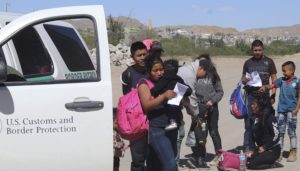
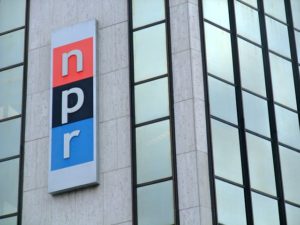
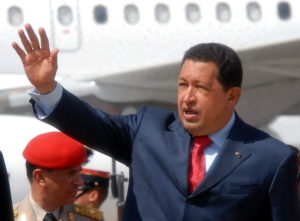
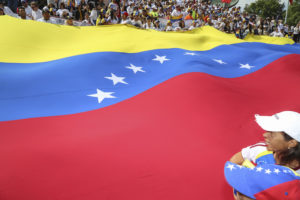
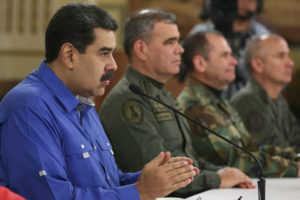
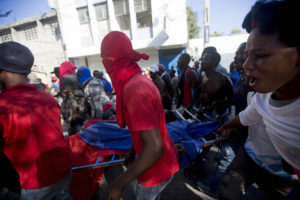
You need to be a supporter to comment.
There are currently no responses to this article.
Be the first to respond.